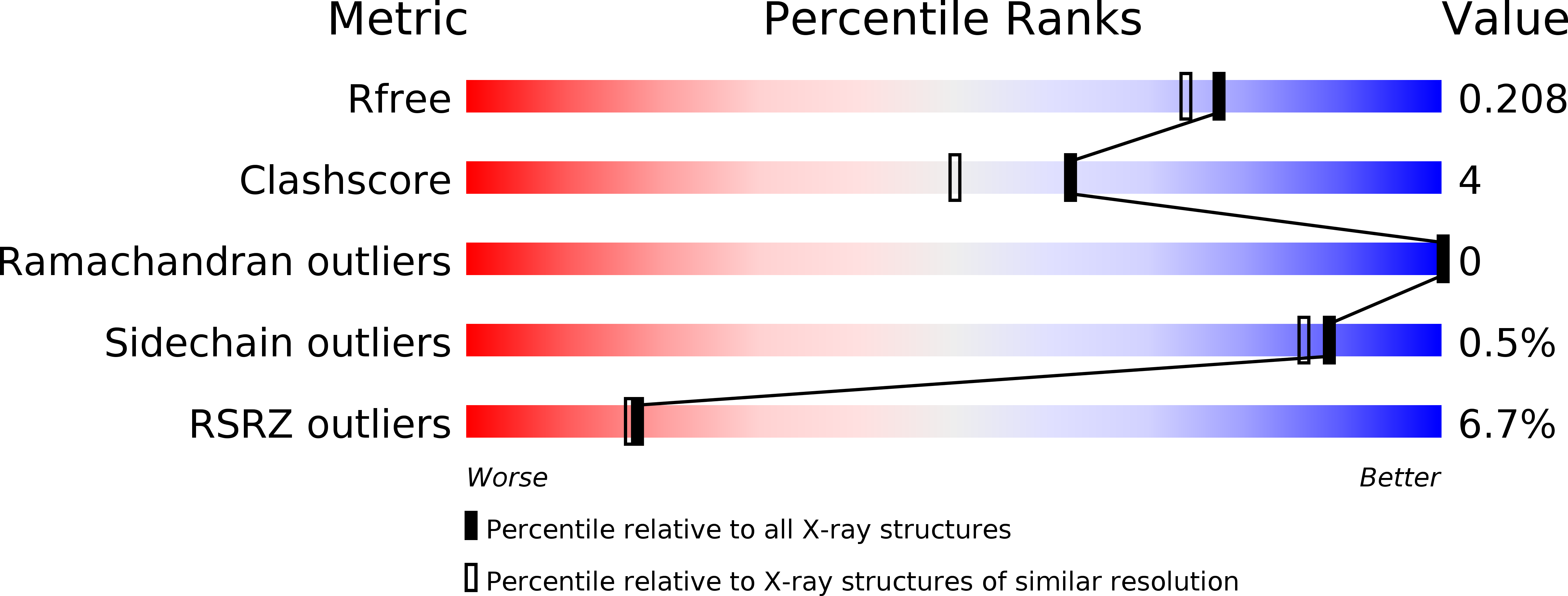
Deposition Date
2011-07-15
Release Date
2011-09-21
Last Version Date
2023-09-13
Entry Detail
Biological Source:
Source Organism(s):
Escherichia coli (Taxon ID: 83333)
Expression System(s):
Method Details:
Experimental Method:
Resolution:
1.85 Å
R-Value Free:
0.20
R-Value Work:
0.18
R-Value Observed:
0.18
Space Group:
P 61 2 2


